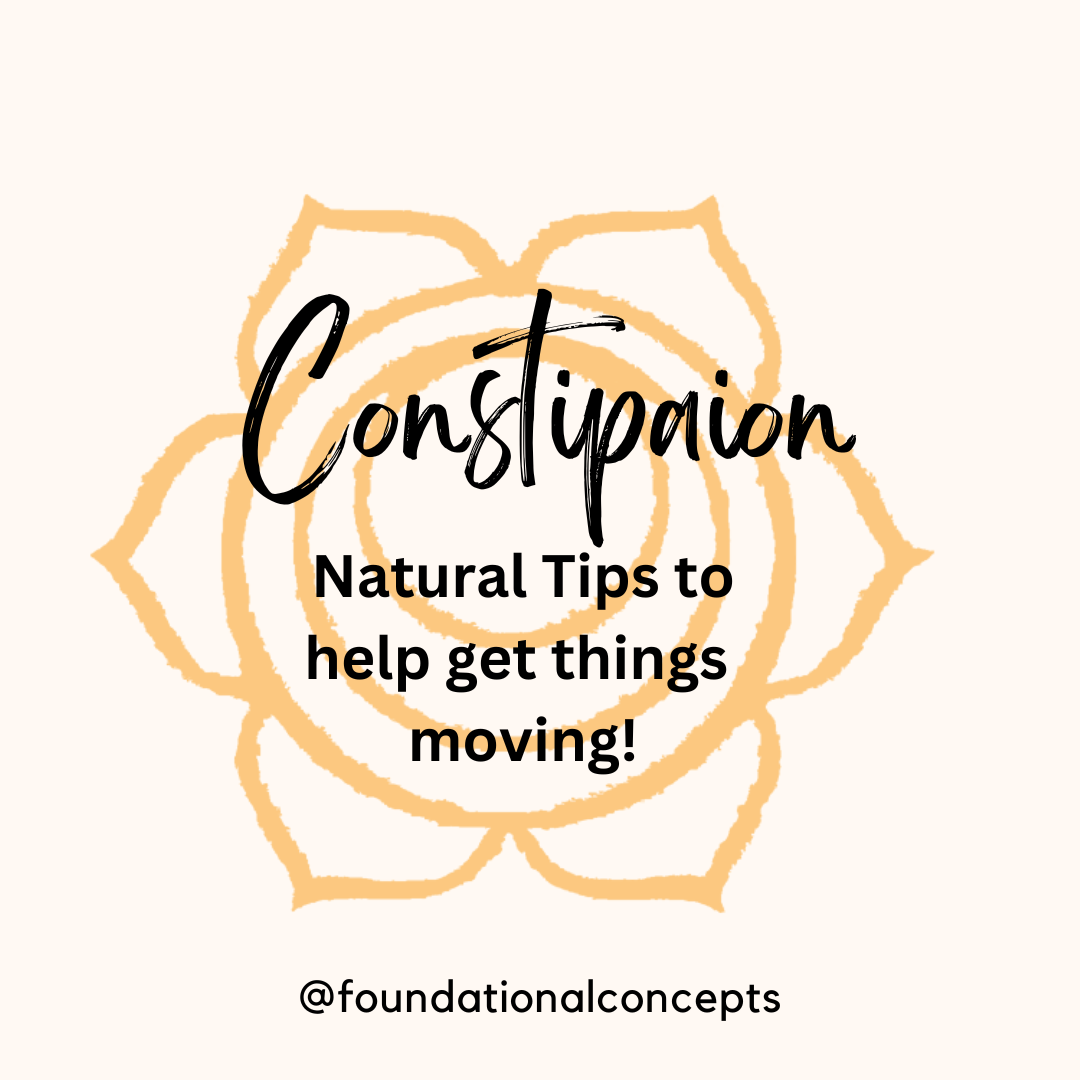Nutrition plays such an important role in our pregnancies and post-partum periods. Breastfeeding requires time…

Pelvic Floor Physical Therapy After Baby
Does this scenario sound familiar? Sarah, mother of three young children, is at the park when one of her kiddos takes off. She jumps up and runs after the child, only to feel herself pee her pants. Luckily her leggings are black, and she has a jacket she can tie around her waist until she gathers up her children to leave the park in a rush. If you have experienced a situation similar to this (leaking with exercise, leaking with a good laugh, with a strong urge or bending to pick up kids) you are not alone. After pregnancy and delivery 30-40% of women will experience stress incontinence (peeing your pants with increased pressure on your system). The hormonal changes during pregnancy and then with breastfeeding weaken the pelvic floor, as does delivery.
Pelvic Floor After Baby
Women who deliver vaginally have muscle tearing that leaves scar tissue. This reduces the muscles’ ability to kick on as strong as it did prior to baby. Women who deliver by C-section are also left with scarring in the abdominal wall, which inhibits good recruitment of these muscles. Both scenarios leave women with a deep system that is weak and poorly coordinated, causing leaks. Embarrassing? Of course it’s embarrassing. But ladies, if we don’t talk about this with one another it will continue to be hush hush and no one will get the help they need. What is great about peeing your pants is, it can be fixed! Pelvic Physical Therapy is the first line of treatment for incontinence; before surgery, before medications. At Foundational Concepts Specialty Physical Therapy our results are tremendous!
Get a Consultation
After you have a baby, you should set up a consultation with a pelvic physical therapist who can assess any concerns. She can educate you about the first steps toward strengthening and retraining your deep stability system. This will not only stop your leaking, but it will build improved stability through your spine, pelvis and hips. It will help you safely return to exercise so you don’t injure yourself.
In many European countries it is standard care to see a pelvic physiotherapist after baby. In the US, we seem to wait for problems to arise (like peeing your pants on the playground) before we address these issues. Let’s face it: pregnancy and delivery are traumatic to our bodies. No other muscle injury goes without rehab. Taking care of our bodies is important so we can care for those little ones to the best of our ability. Happy Healthy Mama = Happy Healthy Baby!
There are many reasons to have a consultation with a pelvic PT, not just for incontinence. Many women experience pain after delivery. Leaking stool is also common, as is back and hip pain and Diastasis Recti (an abdominal wall muscle separation). Making an appointment with a pelvic PT will help you to ensure you are able to recover well and address any of these issues that you may be experiencing. Don’t over think it! Will you have to talk about poop and pee and sex and your vagina? YES! But you will leave feeling more knowledgeable, and more empowered than before you walked in.
Learn more about your body
Pelvic floor physical therapy will assess your pelvic floor to determine your strength. It is important to understand whether you are able to relax, contract and lengthen these muscles. Healthy muscles need to be able to do all three. The truth is, you may have learned to do a “Kegel” from a friend or your mom or a magazine article. Well, what we often see is that women just aren’t performing them correctly and with the proper cues and guidance you can improve their effectiveness and see greater results.
You are unique! So is your pelvis and its problems after baby. A pelvic PT will put together an exercise program that is tailored to you, working toward your goals, for your body! If your goal is to resume running, they will develop a program to retrain the muscles for that task. Very different from a woman who would just like to pick up baby without leaks! The primary similarity is you both had injuries to the pelvic floor, and both need guidance on how best to regain control and improve function.
Understanding how the pelvic floor works to control bladder and bowel is important and involves some behavioral changes too. Simple things like keeping a bladder diary and a voiding schedule, as well as looking at foods or drinks that may be causing frequent urination can help. Your PT can educate you and incorporate this into your program as well. Every patient is different, which is why our programs are so successful. We tailor each program to fit our individual patients’ needs.
#GetPT1st
Before you consider surgery or medications, Get PT First! In the state of Kansas you don’t even need a referral from your doctor to see one of our specialists. Our treatments are simple, very manageable and tailored to work with your life. We understand the demands of having small children and how important it is you feel your best to meet these demands. We will be beside you each step of the way to reach your personal goals. Most women see improvement in just 6 weeks, but it can take up to 3 months to stop leaking. Pelvic Floor Physical Therapy continues to win out over all other modalities of treatment for improving incontinence and maintaining those improvements over time. What are you waiting for? Another embarrassing leak at the park or grocery store?
- Sarah Dominguez, PT, MSPT, CLT, WCS, CMTPT




